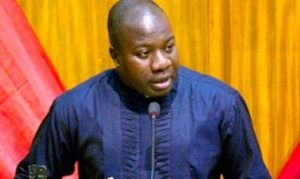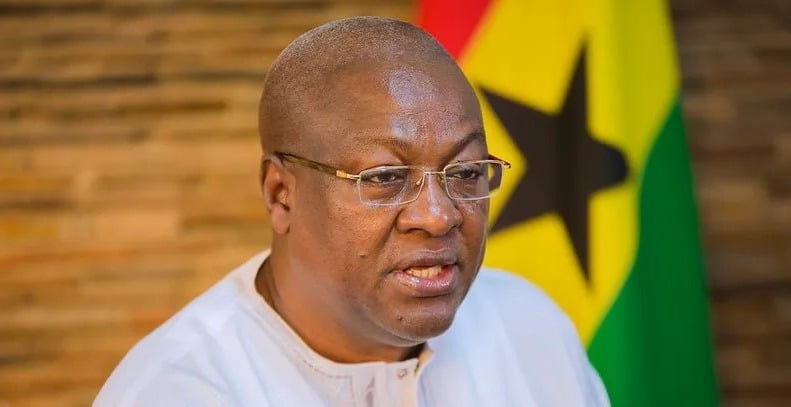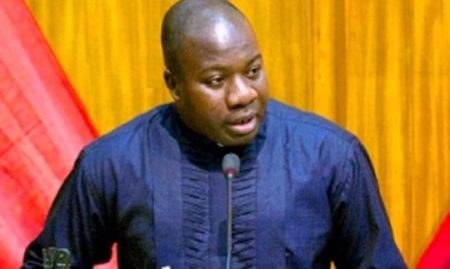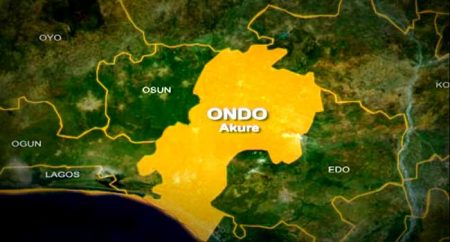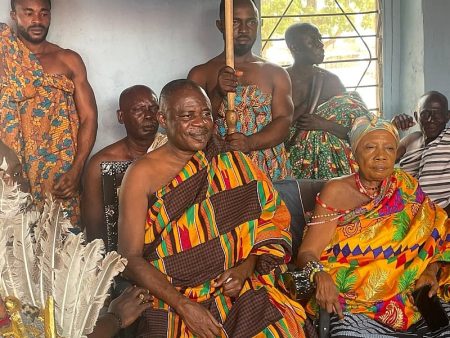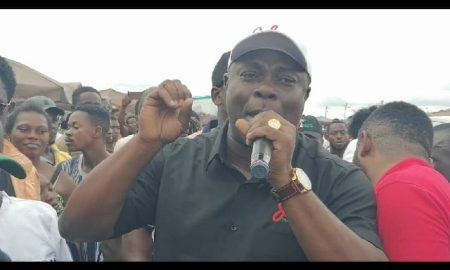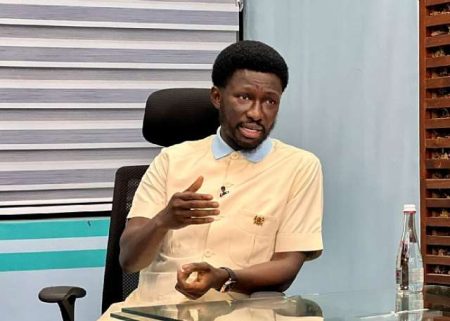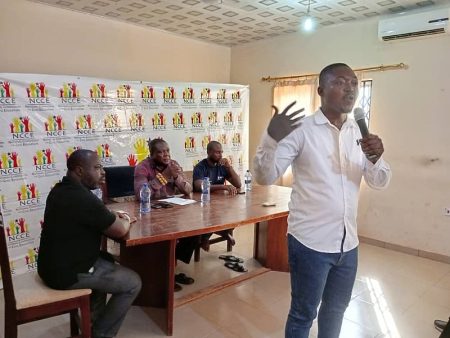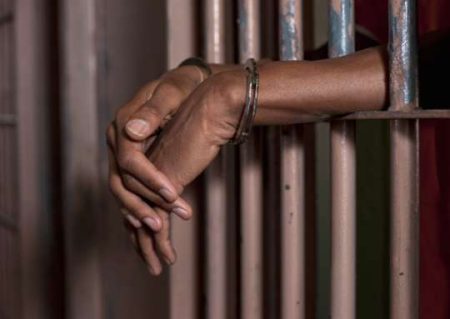Former President John Dramani Mahama has announced an ambitious plan to improve the welfare of elderly citizens and individuals with disabilities if he returns to power in 2025. At the core of his proposals is the reinstatement of the Eban Elderly Welfare System, which would provide Ghanaians aged 60 and above with free access to social and health services, as well as to public transport and facilities. Mahama emphasized the necessity of a partnership with the private sector to create Day Centres and Residential Homes specifically for the elderly. Further plans include proposing an amendment to the National Health Insurance Scheme Act of 2012 to exempt individuals over 60 from premium payments, thus alleviating the financial burden on senior citizens. Additionally, Mahama stated that people aged 70 and older would be exempt from paying property rates on their owner-occupied properties.
In a bid to reinforce the rights and welfare of persons with disabilities, Mahama pledged to strengthen the legal framework surrounding disability rights by advocating for the Person with Disability (Amendment) Bill and introducing new regulations to enhance the Persons with Disability Act of 2006. His plans involve mandating that a minimum of 5% of hiring in both public and private sectors be reserved for persons living with disabilities. He also stressed the importance of enforcing the Ghana Accessibility Standards on Built Environment to ensure that public places are accessible to everyone. Additionally, Mahama pledged to increase the portion of the District Assemblies Common Fund (DACF) allocated for persons with disabilities, facilitating better support and services.
Mahama further detailed his vision for a dedicated disability fund within districts, which would be managed by relevant stakeholders. This fund aims to ensure compliance with the objectives of the District Assembly Common Fund by effectively addressing the poverty reduction needs of individuals with disabilities and supporting their right to dignified work. Significant reforms in education were highlighted, including modernizing facilities for individuals with disabilities using customized ICT and establishing an information hub to enhance learning and resource sharing. Mahama’s future government plans to strengthen the National Council for Persons with Disability and to create disability desks at various Metropolitan, Municipal, and District Assemblies (MMDAs) to ensure that disability issues are integrated into local governance.
In the realm of rehabilitation services, Mahama stated the intention to build new rehabilitation centers in the newly established regions and to renovate existing centers to meet contemporary standards. This focus aims to ensure adequate support for individuals needing rehabilitation. His government would also prioritize support for women with disabilities, promoting their empowerment and participation in the workforce. Para-sports would receive greater backing as well, with planned development of technical programs across various athletic disciplines, ensuring not only resource allocation but also fostering inclusivity and access for individuals with disabilities.
The former president announced intentions to enhance the representation of persons with disabilities in local governance by prioritizing their hiring within the Local Government Service and increasing the availability of sign language interpreters at healthcare institutions. A National Para Sports Festival is also proposed as a means to celebrate inclusivity within sports. Furthermore, Mahama’s administration would aim to improve road safety for individuals with disabilities by promoting barrier-free environments that champion independence and convenience. To enhance the quality of education in special needs institutions, the next government would offer incentives for teachers and consider appointing individuals with disabilities to leadership positions.
Closing his address, Mahama called for support from the public for his campaign and for the National Democratic Congress (NDC) candidates to facilitate the implementation of these welfare-oriented policies. He emphasized the importance of his vision for the upcoming government to ‘reset’ Ghana by prioritizing accessible services and equal opportunities for vulnerable populations, particularly the elderly and persons with disabilities. Mahama outlined these key proposals in the NDC’s 2024 Manifesto, underscoring the urgency and necessity of a comprehensive approach to socio-economic equity in the nation.


